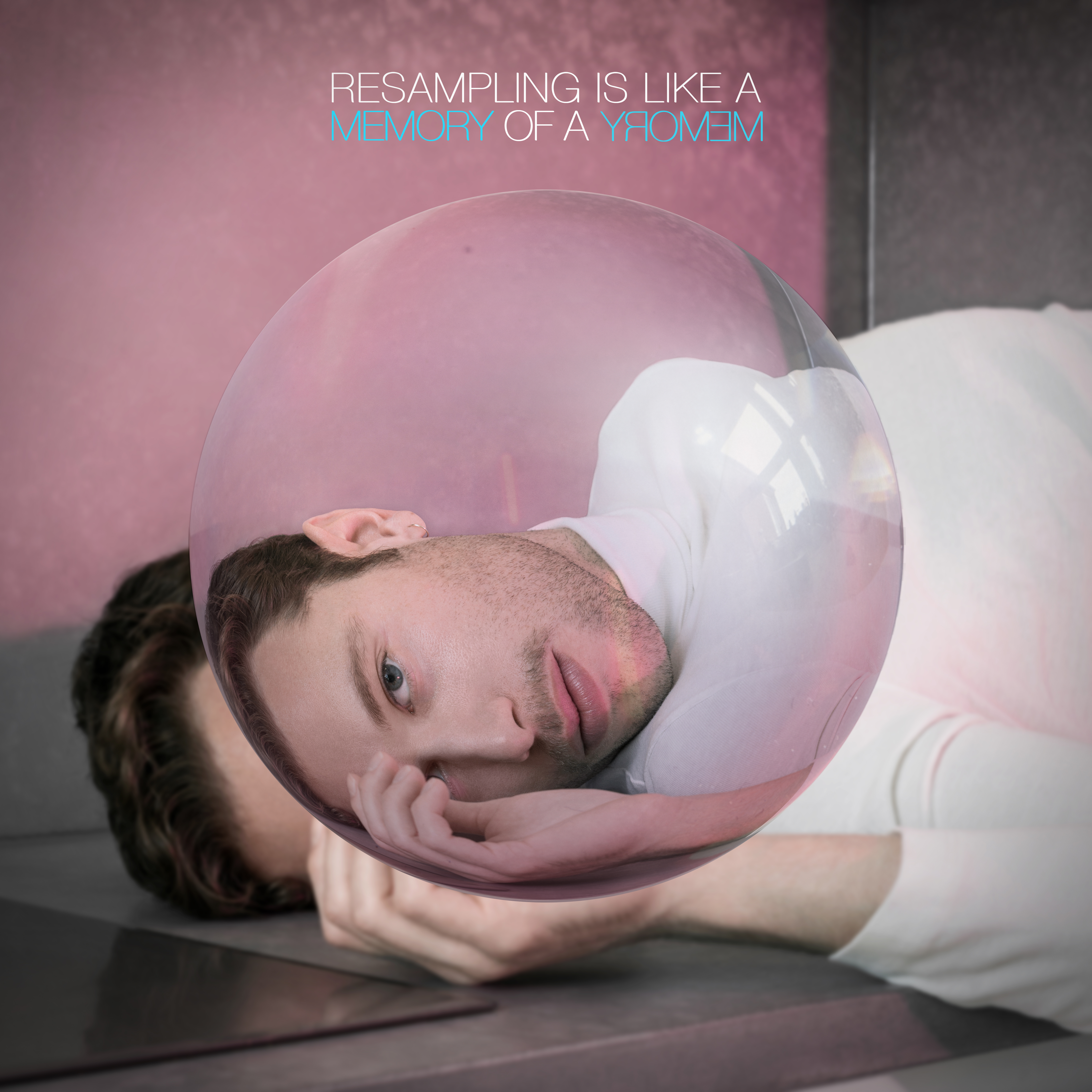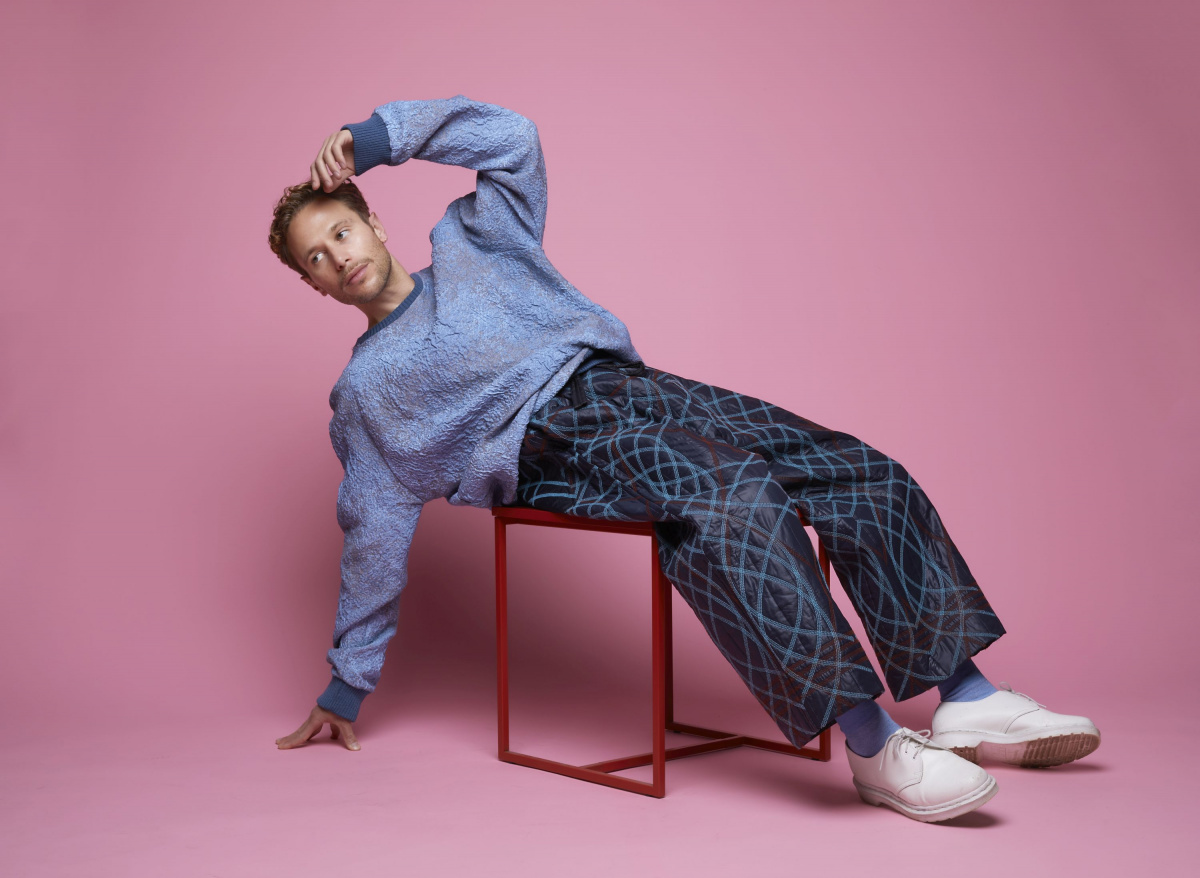
Post-Euphoria – A Reincarnated Ruin: Part 2
In part 2 of Guy Baron’s Norient series on his practice-based music research project Post-Euphoria, he thinks about compositional strategies to interpret themes of recollection and reimagination.
In the two recordings titled «Too Late» and «Residue», I utilize audio-to-MIDI conversions as a compositional strategy and to foreground sonic transformations that interpret themes of recollection and reimagination explored in my album Post-Euphoria. «Too Late» was conceived through editing and manipulating a four-bar audio sample containing a piano chord progression typical of house music productions. Importing the sample to Ableton Live, I used the software’s audio-to-MIDI conversion tool – a feature that enables the user to reproduce an audio recording in MIDI (a format that digitally stores notation and rhythmic information) – and assigned a virtual synthesizer to the newly converted clip, creating re-arranged versions of the original sample.
I also slowed down the converted sample and created different transpositions of it, while applying audio effects like chorus, phaser, equalizer, and reverb automations to examine how it can be sonically expanded. Further incorporated is a sung phrase based on the lead vocal line from Carol King’s «It’s Too Late» (King and Stern, 1971), which I re-recorded using my own voice as a short, duplicated fragment. I then created an additional, complementing recording titled «Residue», in which the converted MIDI clip is once again rearranged and sounded through another sample.
Malleability of Sound
Employing these production strategies enabled me to playfully reimagine elements of electronic dance music and to explore new meanings and associations that emerge through their reconstruction and decontextualization. In particular, the audio-to-MIDI conversion made me think of drawing a connection between the malleability of sound and the shifting mental image of recollected euphoric experiences. As the original audio sample is being converted to MIDI, it inevitably transforms and becomes mutated, with some musical information being lost due to failures in the digital conversion process. The misconfiguration of the audio sample was in this way emphasized to present a mutated and reincarnated ruin of the original sample. The conversion also served as a useful compositional and arrangement tool, with which I was able to create different musical sections, distinct in timbre and pitch, based on a single loop.
A Hazy Sentiment
The vocal line, which fragments a lyrical and melodic phrase from a previous song, can be seen as further embodying the idea of a fragmented ruin – mediated and transformed through my own singing body, which operates as a sampler-like device. As the lyrics suggest a sense of belatedness yet remain sparse and ambiguous throughout, the idea of a late and faded reincarnation is further implied, feeding into my understanding of post-euphoria as a subjectivity that entails fleetingness and retrospection. And as the once-pulsing samples of electronic dance music motifs are being reconstructed and abstracted, a hazy and reflective sentiment takes the place of dancefloor euphoria.
The audio-turned-MIDI sample is being further alienated in «Residue», as it is sounded through another sample. What emerges from conducting such a resampling process can be figuratively described as a memory of a memory, as the original sample is being reimagined twice. This idea is reinforced by presenting the two recordings as part of an integrated concept album, suggesting a sense of intertextuality with which memories of past euphoric experiences and their transformation over time can be portrayed musically.
List of References
This article is the second of a four-part series on the practice-based music research project «Post-Euphoria» by Guy Baron aka Semi Precious.
Biography
Published on October 29, 2021
Last updated on April 11, 2024
Topics
From machine-assisted musicking to the struggle of creating under precarious circumstances and in a world in which work rules everything.
Why does a Kenyan producer of the instrumental style EDM add vocals to his tracks? This topic is about HOW things are done, not WHAT.
From the music format «78 rpm», the melancholic echoes of a dubbed out rave night in London, and parodic mockings of «perfect house wifes» by female Nigerian pop musicians.
Snap


